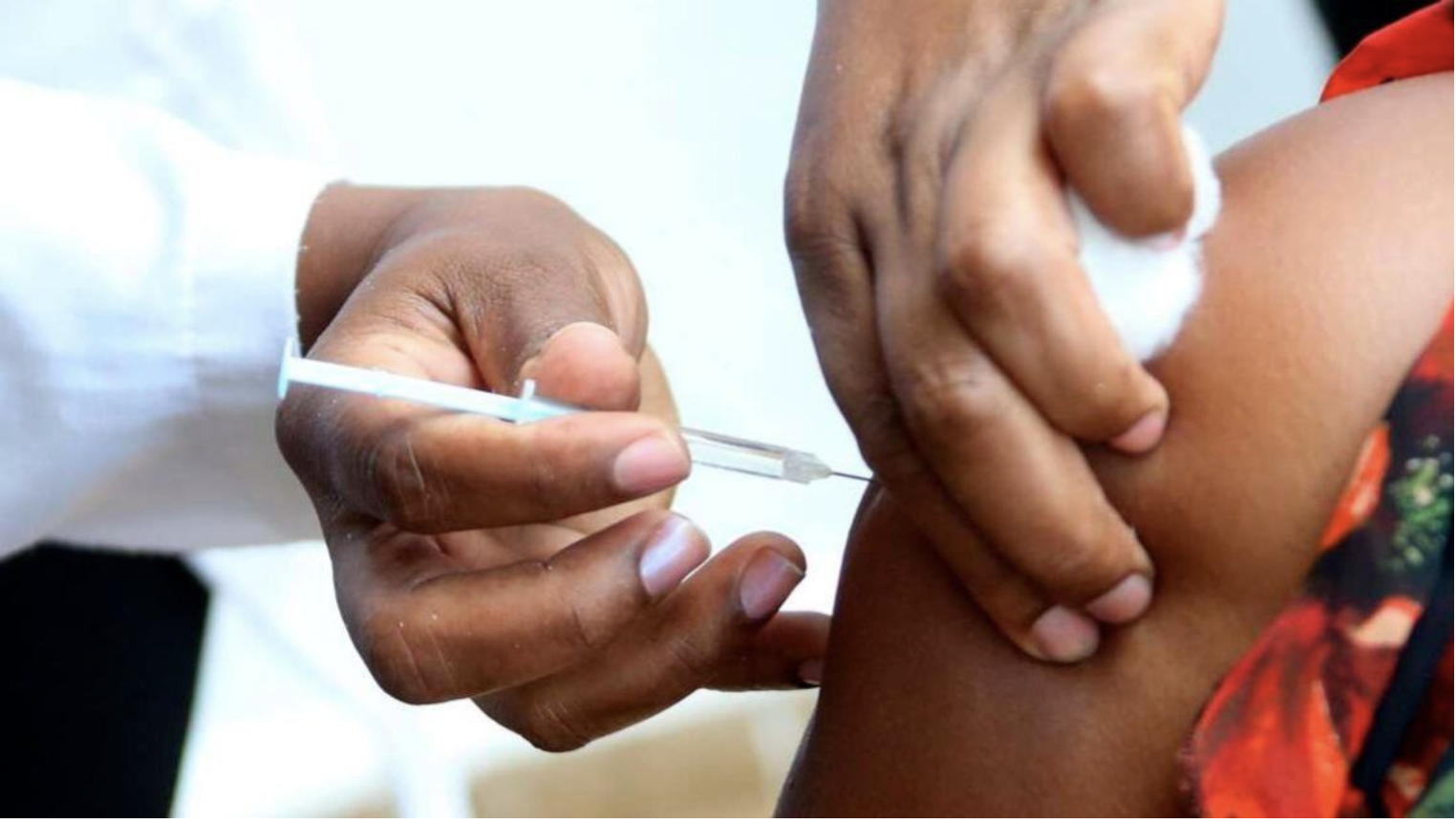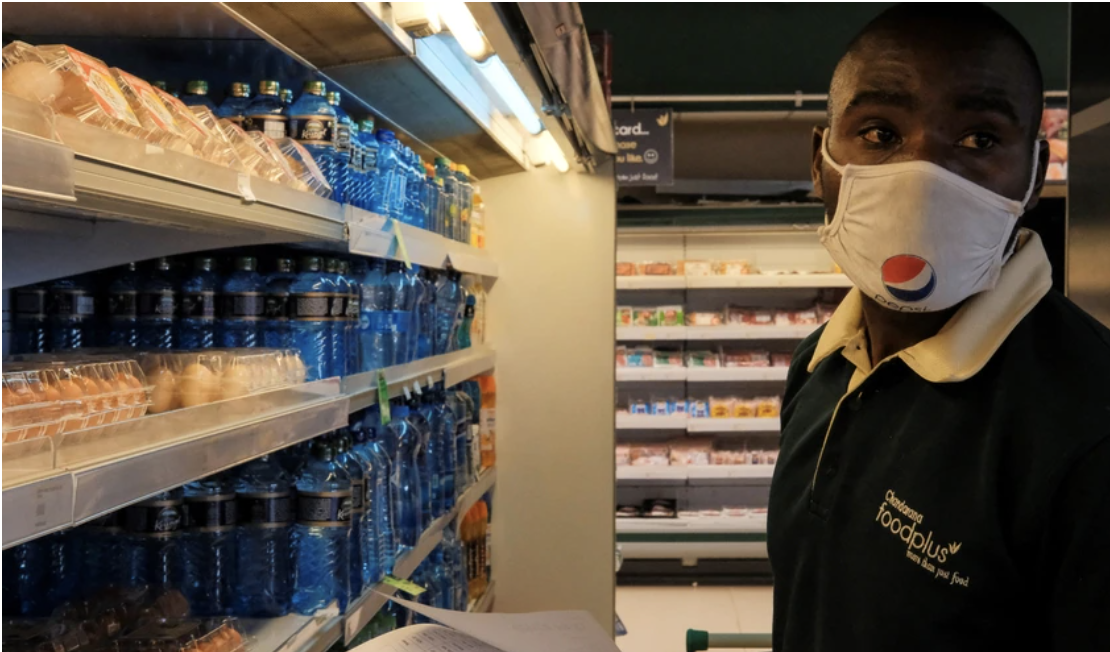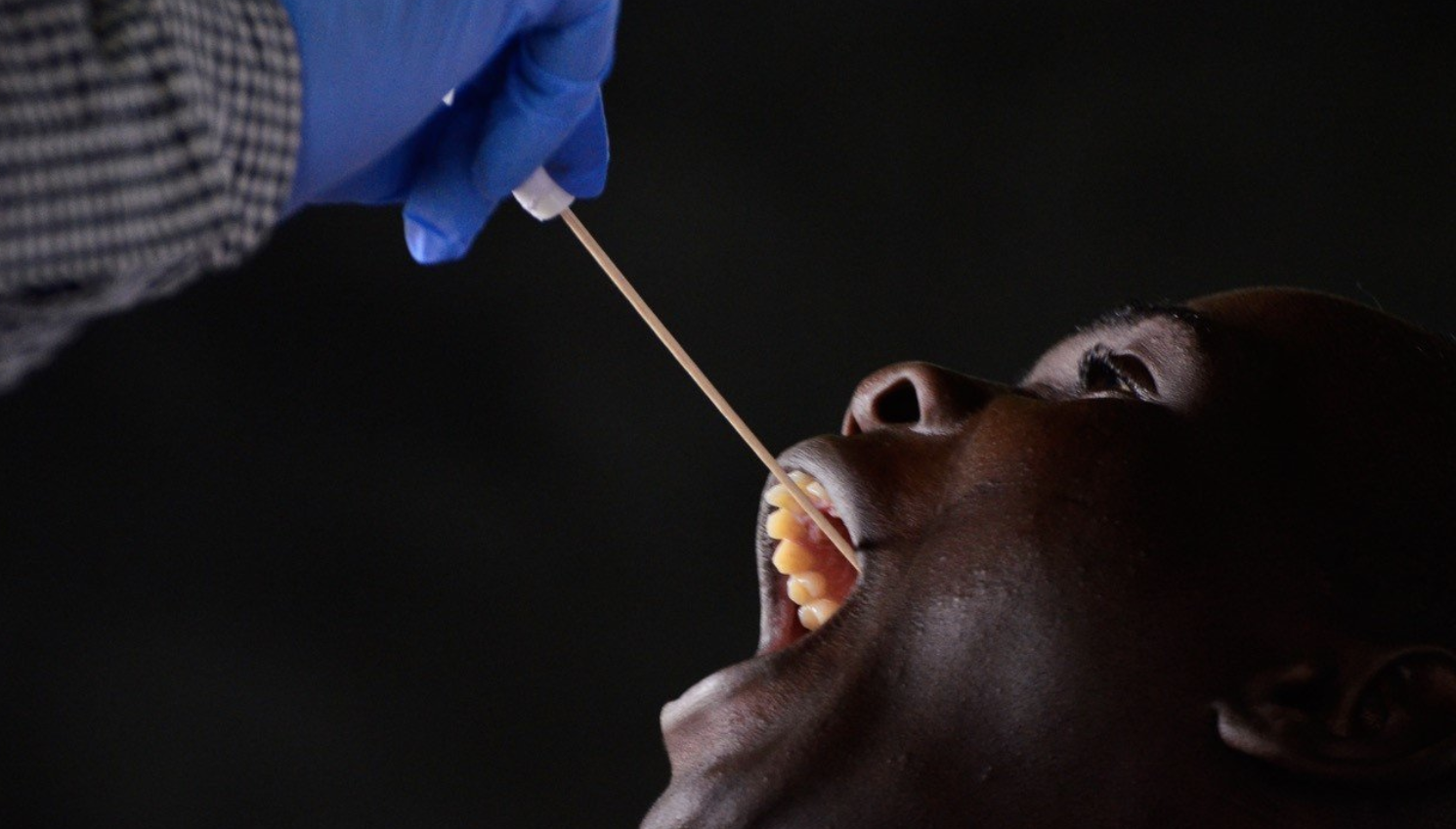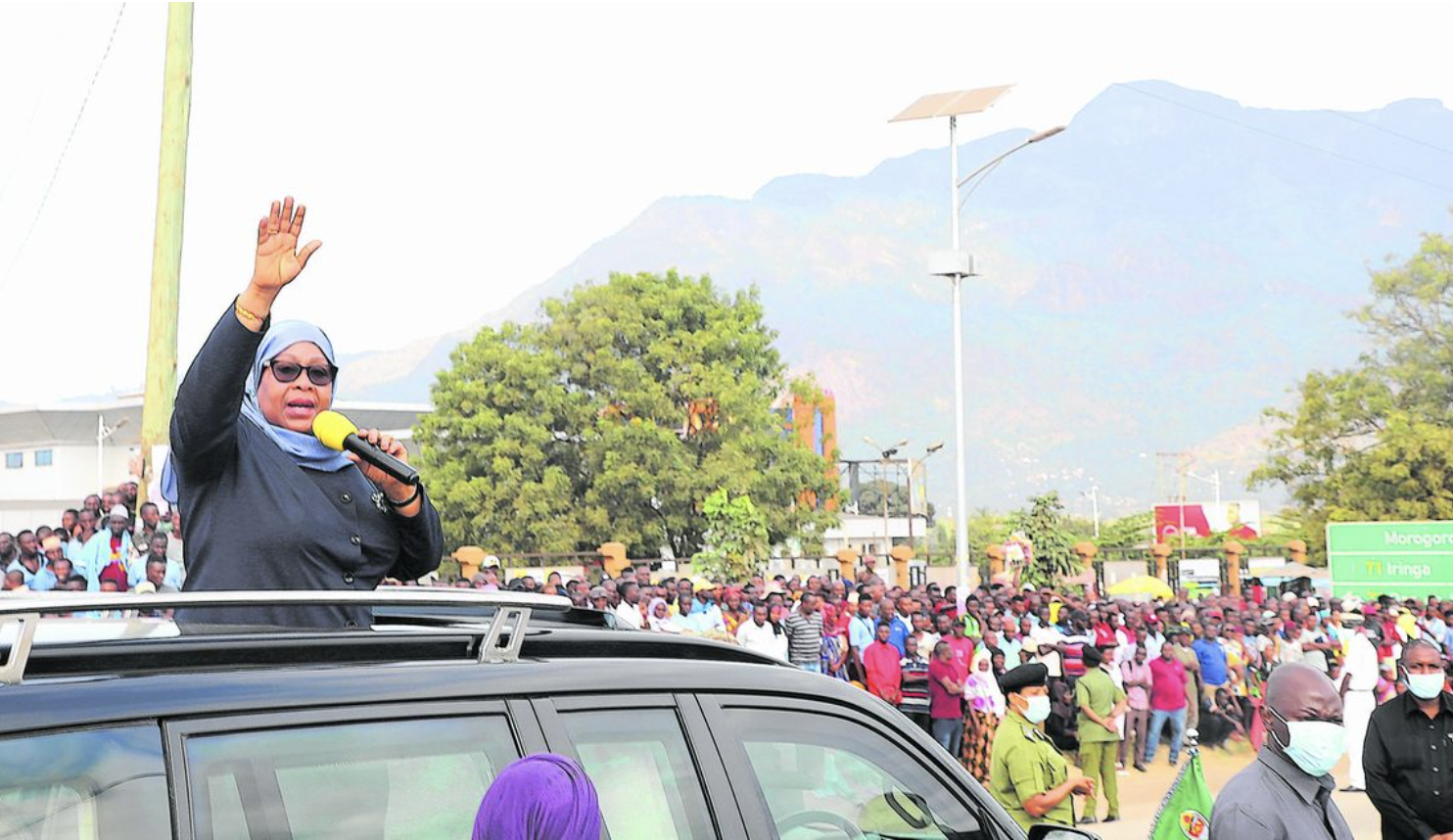Uganda’s Ministry of Health has said those who fail to get the second dose of the AstraZeneca Covid-19 vaccine will be allowed to take the Pfizer vaccine and vice versa so as to be fully vaccinated.
These are the only brands that can be mixed, the ministry said.
“You can get your second dose as AstraZeneca or Pfizer. If you got AstraZeneca first as dose one and there is no AstraZeneca for your second dose you can get Pfizer,” Dr Henry Mwebesa, the director for General Duties at the ministry, said on Tuesday.
The World Health Organization’s (WHO) Strategic Advisory Group of Experts on vaccines said in June that the Pfizer vaccine could be used as a second dose after an initial dose of AstraZeneca, if the latter is not available.
However, the WHO warned against individuals mixing various vaccines, saying the decision should be left to public health authorities.
Dr Mwebesa also said that the Chinese vaccine, Sinovac, cannot be mixed with others, while the Johnson & Johnson will be administered as a single shot.
Mr Emmanuel Ainebyoona, the Health ministry’s spokesperson, told the media early this week that Uganda would receive a donation of 647,010 doses of the Pfizer vaccine this month. The vaccines are expected to arrive between July 21 and July 27.
This is the first time that the country will have different brands of Covid-19 vaccines as the world moves to understand the concept of mixing and matching vaccines.
In its pilot rollout of the vaccination drive in March, Uganda’s Health ministry decided to give only one dose of the AstraZeneca vaccine to cover as many people in the target categories as possible, until more vaccines were acquired.
The initial stock of 964,000 Oxford-AstraZeneca vaccines from the Covax initiative and the Indian government were exhausted.
In June, an additional 175,200 doses of Oxford-AstraZeneca vaccines shipped in from France.
Dr Mwebesa said the ministry will prioritise giving two doses of the Pfizer vaccine, but the guidelines could be revised as more vaccines come in.
Source - The East African
A report by a non-profit group says Africa needs to increase internet access to boost its economies, especially in the wake of the COVID-19 pandemic. The advocacy group found that while Africa's locally routed online traffic has increased, only one in five Africans has internet access. High taxes and frequent internet shutdowns by some African governments have also discouraged online trade.
The Internet Society group says in a report this month Africa’s internet exchange points, or IXP’s, have increased from 19 to 46 in under eight years. Six countries have more than one IXP.
An IXP is where multiple networks and service providers exchange internet traffic. The increase is significant because a decade ago, most African countries routed their online traffic outside the continent.
Dawit Bekele is the Africa regional vice president for the Internet Society, a global nonprofit organization that promotes the development and use of the internet. He said Africa having its own IXP’s improves internet performance for users on the continent.
“By developing internet exchange points within Africa, we have limited this kind of unnecessary travels of internet traffic outside of Africa to come back to Africa, which has a considerable advantage to improving the user experience, be it the speed, connectivity or even the cost of connectivity,” he said.
The Washington-based group says its goal is to eventually have 80% of internet traffic in Africa be exchanged locally.
Michael Niyitegeka, an information technology expert, said public demand has forced African governments to improve internet access.
“We can’t run away from the youth population. There are quite a number of young people and therefore their affinity or drive for technology and use of the Internet is way higher than our parents and they are more comfortable using technology than anything else. Finally, the other aspect I think is quite critical is the access to mobile technology devices is a big driver. We see quite a number of relatively cheap smart or internet-enabled phones in our markets and that has a massive effect on how many people can access the internet,” said Niyitegeka.
In a 2020 study, the International Foundation Corporation said internet use could add $180 billion to Africa’s economies.
However, some governments have taken steps to control digital communication by shutting down social media platforms and imposing a high tax on internet use.
Omoniyi Kolade is the CEO of SeerBit, a Nigerian company that offers payment processing services to businesses. He said that government control of the internet will drive businesses backward.
“It’s a way we are driven backward instead of moving forward. We are supposed to encourage access, we are supposed to encourage free access point for interaction for solutions, because if businesses had to put their product on platforms, as long as those platforms are put down or disconnected there is loss of revenue at that point and for payment gateway. We are already losing revenue as those businesses do not exist to achieve the purpose of what they should achieve,” he said.
The United Nations Economic Commission for Africa notes that only 20% of the continent’s population has access to the Internet.
The Internet Society Group is urging African governments to expand internet infrastructure to rural areas, where most of the population lives, so that they can benefit from it.
Editor's note: an earlier version of this story misspelled Omoniyi Kolade's last name. VOA regrets the error.
Source - VoA
The government has attributed rising cases of fake Covid-19 test certificates to actions of fraudsters within labour export companies.
According to the Ministry of Health, the fraudsters are forging results and have made attempts to hack into their results control system.
The country risks being placed on the red list for violating international health regulations on travels as a big number of travellers from Entebbe International Airport with Covid-19 certificates indicating negative results are turning out positive when subjected to a re-test at their final destination.
Addressing journalists in Kampala yesterday, Mr Emmanuel Ainebyoona, the ministry’s spokesperson, said investigations are ongoing.
“It is true that a number of migrant workers, whose origin has been Entebbe International Airport, have been testing positive [for Covid-19] at their final destination. This was as a result of forgeries of Polymerase Chain Reaction (PCR) certificates. Also some unscrupulous individuals have made an attempt to hack into government results system,” he said.
Mr Ainebyoona said they are doing free confirmatory tests for migrant workers who already have Covid-19 certificates for tests done within 72 hours.
The re-test is being done by the government reference laboratory, Uganda Virus Research Institute and Central Public Health Laboratories.
A July 8 letter from Dr Diana Atwine, the Ministry of Health permanent secretary, stated that the confirmatory tests are being done “to protect the credibility of our health system at meeting international obligations and to deter further blacklisting of our country from international travel arrangements.”
“…with effect from July 11 at 12am, the Ministry of Health will retest migrant workers, 24 hours before their flights. This will be done at a free cost under a government of Ugandan laboratory arrangement,” she said.
Dr Atwine said the position was reached following the high-level inter-ministerial meeting held on June 28 among the Ministry of Health, Ministry of Gender, Civil Aviation Authority and Entebbe Port Health.
“The Ministry of Health is committed to ensuring that all international travels through Entebbe International Airport, including for migrant workers are facilitated with minimal interruptions while at the same time meeting the Covid-19 international health regulations,” she added.
A June 28 letter by Dr Atwine states that “attempting to hack into and compromise the integrity of Government Central Covid-19 Results Dispatch System so that names of travellers and their results are simply entered into the system without undergoing testing.”
Mr Daniel Mutatina, one of the officials at Supreme Link Limited, a labour export company, said the fake certificates being presented by the migrant workers are obtained from laboratories accredited by government to do Covid-19 testing.
“If you scan the QR code for the Covid-19 test certificate presented by migrant workers, you find that the same results are also in the Ministry of Health system,” he said.
Ms Enid Nambuya, the executive director of Uganda Association of External Recruitment Agencies, said: “I have heard that some people are paying [to get Covid-19 certificate indicating negative results] without being tested but I have no proof. The re-testing is a good move. This makes us much surer of the status of the people we are externalising. We appreciate the government for the free tests.”
Last month, the government through ministries of Internal Affairs and Gender, Labour and Social Development announced that eight external labour recruitment agencies had been suspended because of forging papers and other abuses such as trafficking and extortion.
Source - The Daily Monitor
Tanzania’s major cities are worst hit by a third wave of the Covid-19 pandemic, President Samia Suluhu said, while urging citizens to take precautions to protect themselves.
Speaking at Kibaigwa, Morogoro in central Tanzania, on her way from the capital Dodoma on Wednesday, President Suluhu expressed her shock when she saw hundreds of people without masks.
“This third wave is already in the country and there is nothing to hide. We have patients in Kagera, Arusha, Mwanza, Dar es Salaam and even Dodoma,” she said.
“I have seen here that just a few people are wearing masks and doing so incorrectly with only their mouths covered leaving open their noses. Therefore, I call upon everybody to take precautionary measures against Covid-19 as directed by health experts,” she said.
The President said in Dodoma, while the number of patients is small, the cases should sound a warning to citizens to be more alert in order to prevent deaths as reported in other countries.
Ms Sululu urged wearing masks whenever in public gatherings.
Source - The East African




